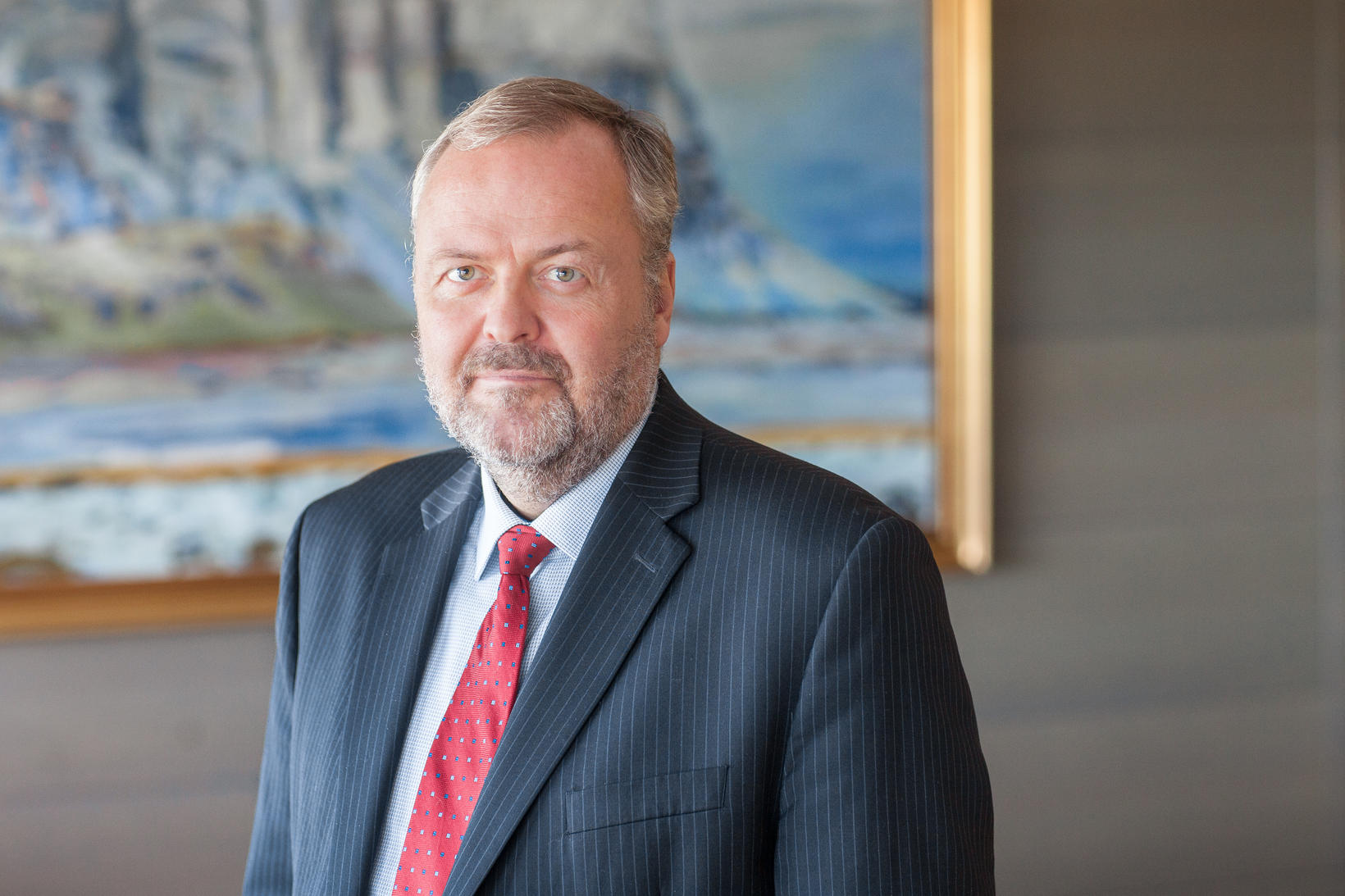Would not go so far as to claim a crisis
GDP decreased in the second quarter, and this is therefore the second quarter in a row where there is a contraction. However, an economist does not want to go so far as to say that the economy is nearing depression.
However, there are clear signs that the economy is starting to cool down.
"I wouldn't dare to say anything so grandiose," says Gylfi Magnússon, professor of economics at the University of Iceland, when asked if the economy is in crisis.
The former mayor of Reykjavík says that it is a crisis
In an article on Vísindavefurinn (The Icelandic Web of Science) by Magnússon, it is sometimes used as a rule of thumb that if the national product shrinks in real terms for two quarters in a row, the economy is in crisis.
Dagur B. Eggertsson, chairman of the city council, shared this very article on Facebook earlier today and said economists have a clear name for the recession for two quarters in a row: Crisis.
It is estimated that GDP will have decreased by 0.3% in real terms in the second quarter of 2024 compared to the same period of the previous year.
We need more measures before claiming a crisis
"These are preliminary figures, and experience shows that Statistics Iceland often - and actually always - revises such figures when they get better data. Let's see these as preliminary figures," he says Gylfi about the Statistics Iceland and adds:
"So it may well be that when all the dust is buried, which may not be until two years from now, then we will confirm some sort of recession." But at least I wouldn't dare to consider it set in stone now."
He says that the recession numbers would have to be more decisive and more clear measures, if the conclusion is to be reached that there is a crisis.
"Rising unemployment, problems in the financial system, defaults and such," he cites as an example.
Clear signs of a cooling economy
"It is still possible to state that there are clear indications that the economy is cooling down somewhat after three years of fairly robust economic growth," he says.
However, it is not particularly surprising in light of the Central Bank's high key interest rates, which are precisely high in order to overcome inflation and cool the economy.
He says that the only positive thing about the cooling economy is that it indicates that the fight against inflation is having an effect.
"Hopefully, there will only be a soft landing where inflation will come down without the economy taking too much of a dip as a result," he says.
Investment growing
He points out that the statistics show that exports and private consumption are only giving way, but that investment is growing.
"Which now suggests that at least managers in the business world are not so pessimistic about the future that they have stopped investing."







/frimg/1/57/87/1578747.jpg)
/frimg/1/57/94/1579405.jpg)



